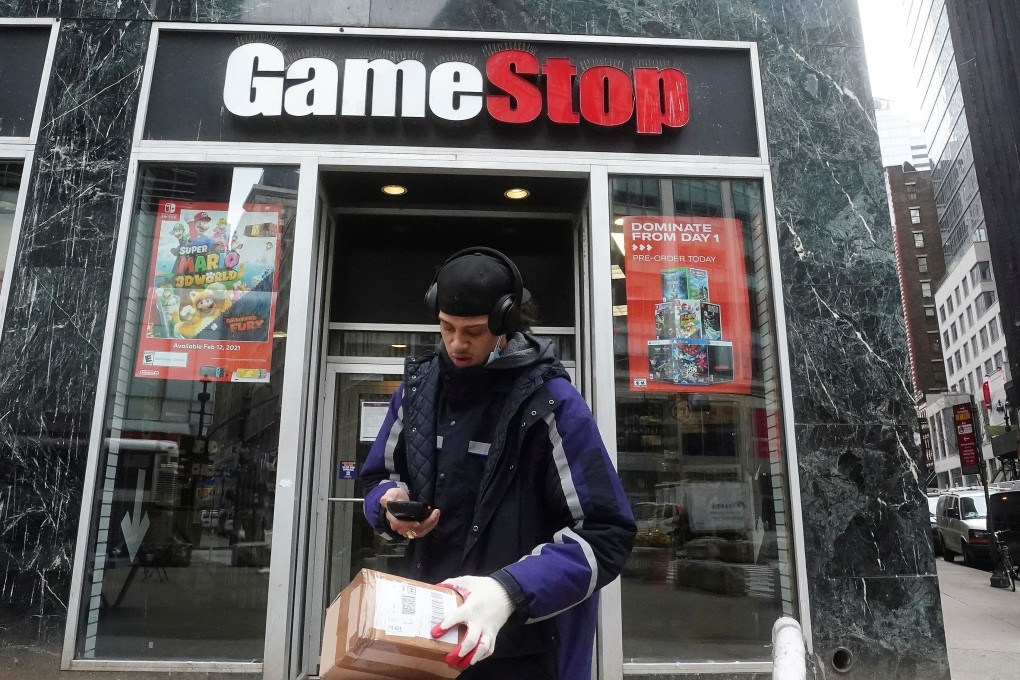Advertisement
GameStop frenzy a symptom of an overstimulated market that needs a tax on financial transactions
- While markets are riding high on monetary stimulus, the Fed’s objective is to spur real job growth, not trading fads. A tax on financial transactions would not only curb exuberance, but help foot the government’s stimulus bill
Reading Time:3 minutes
Why you can trust SCMP
4

The key to global recovery is rebuilding political, economic and financial confidence so the last thing the world needs is another shock coming on the heels of the Covid-19 pandemic.
The recent shenanigans over GameStop share trading is yet another symptom of the nascent risks arising from frothy financial markets. After all, it was overgenerous market liquidity, excessive risk-taking and dangerous financial engineering which led to the 2008 crash, and the world seems to be heading back down the same road.
We have been taken to the brink over the Covid-19 crisis, and policymakers are under pressure to find workable solutions to make the world safer again. Better market governance and new regulatory measures to slow overzealous speculation are needed. But it might be time for a tax on financial transactions to promote better financial stability.
Advertisement
You can’t blame the markets for being so euphoric after being pumped up with so much monetary stimulus from the US Federal Reserve since the coronavirus crisis first hit last year. The Fed’s dilemma now is letting the markets down gently without upsetting financial and economic confidence too much.
Irrational exuberance in the markets and the return of animal spirits in the real economy were critical for jump-starting recovery last year, but now the Fed must be questioning whether it has gone too far.
People sitting behind computer screens generating paper profits on will-o’-the-wisp trading fads like GameStop and bitcoin are not the Fed’s ideal for people gainfully employed in real jobs, especially while the US unemployment rate is still running at 6.3 per cent.
Advertisement
Select Voice
Choose your listening speed
Get through articles 2x faster
1.25x
250 WPM
Slow
Average
Fast
1.25x
